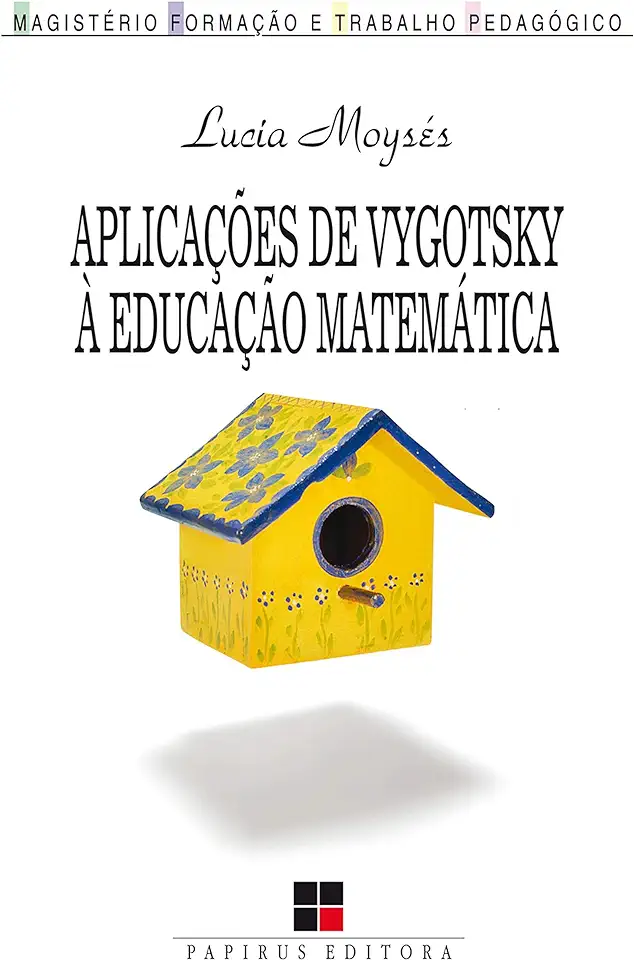
Applications of Vygotsky to Mathematics Education - Lucia Moysés
Applications of Vygotsky to Mathematics Education
Introduction
In this book, Lucia Moysés presents a comprehensive and insightful exploration of the applications of Vygotsky's sociocultural theory to mathematics education. Drawing upon extensive research and practical experience, Moysés argues that Vygotsky's theoretical framework offers a powerful lens for understanding how students learn mathematics and how teachers can facilitate their learning.
Vygotsky's Sociocultural Theory
Vygotsky's sociocultural theory emphasizes the social and cultural context of learning. He argues that individuals construct knowledge through their interactions with others and that the tools and symbols they use in these interactions play a crucial role in shaping their thinking. Moysés provides a detailed exposition of Vygotsky's key concepts, including the zone of proximal development, scaffolding, and internalization.
Applications to Mathematics Education
Moysés then explores how Vygotsky's theory can be applied to mathematics education. She discusses the implications of Vygotsky's ideas for teaching and learning mathematics, including the importance of social interaction, the use of tools and representations, and the role of the teacher as a mediator of learning. She also provides concrete examples of how Vygotsky's theory has been successfully implemented in mathematics classrooms.
Implications for Teaching and Learning
Moysés concludes by discussing the implications of Vygotsky's theory for teaching and learning mathematics. She argues that Vygotsky's framework provides a powerful foundation for developing effective mathematics instruction that is responsive to the needs of all students. She also emphasizes the importance of further research to explore the full potential of Vygotsky's theory in mathematics education.
Why You Should Read This Book
"Applications of Vygotsky to Mathematics Education" is a must-read for anyone interested in understanding how students learn mathematics and how teachers can facilitate their learning. Moysés provides a clear and comprehensive exposition of Vygotsky's sociocultural theory and its implications for mathematics education. The book is also filled with practical examples and insights that can be immediately applied in the classroom.
If you are a mathematics educator, a researcher, or a student of education, I highly recommend this book. It is a valuable resource that will help you to deepen your understanding of mathematics learning and teaching.
Conclusion
"Applications of Vygotsky to Mathematics Education" is a seminal work that has had a profound impact on the field of mathematics education. Moysés' groundbreaking research and insights have helped to shape our understanding of how students learn mathematics and how teachers can best support their learning. This book is a must-read for anyone interested in improving mathematics education.